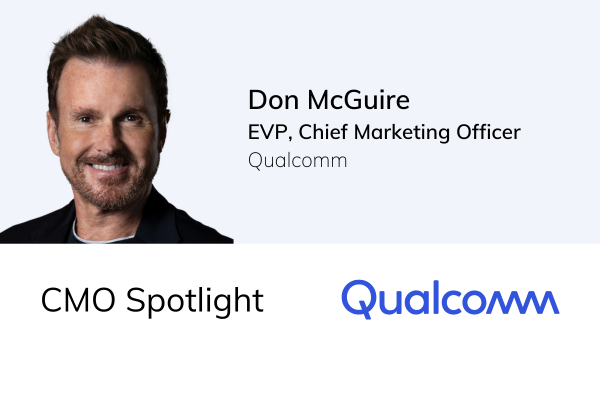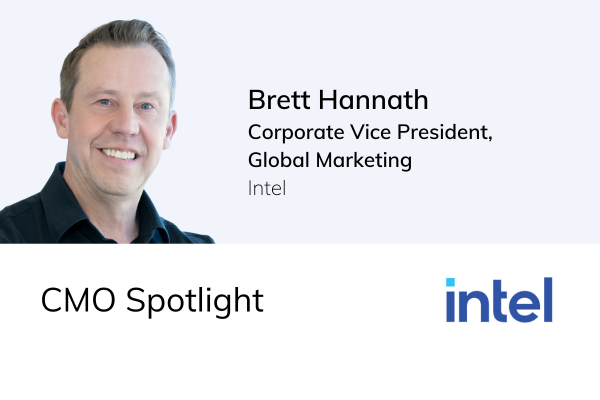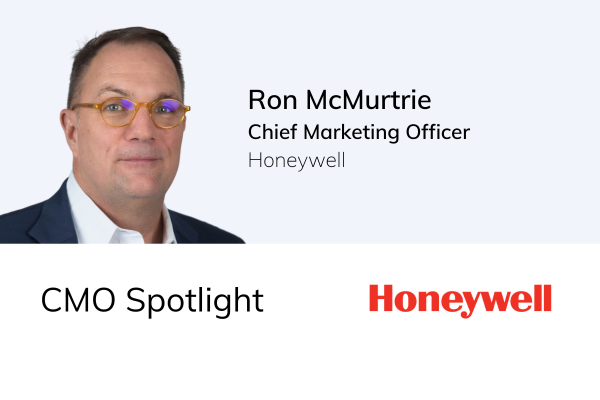Navigating Marketing as Fintech Advances
Cathy McLagan
Managing Director of Growth Enablement CIBC Private Wealth US
Private wealth marketing is built on personal relationships, which can make the advancements in technology more and more challenging. In an industry where discretion and relationships reign supreme, marketers must learn how to integrate data, automation, and innovation without losing trust.
To explore this balance, we spoke with Cathy McLagan, Managing Director of Growth Enablement at CIBC Private Wealth US. Her perspective offers a nuanced look at how private wealth firms are responding to change, generational shifts, and the increasing demand for personalization.
Fintech Is Changing, but Relationships Still Win
Fintech tools and AI have undeniably transformed how firms operate, but McLagan emphasizes the enduring power of human connection that differentiates companies from one another.
“There is the philosophical aspect of how we shift a business that heavily relies on relationships and personal interactions to one that is more automated, more technologically enabled,” she says. “That said, with the recent market volatility, those strong personal relationships allowed us to connect with our clients over the phone, via webinars and in person, which is key during periods of uncertainty.”
Put simply, fintech tools can streamline operations, but real trust is still built through human connection. People want to talk to people. As Madeline Evans, Marketing Manager at Setup, puts it: “Whenever I’m dealing with customer support, I always try to reach a real person. It’s just easier to get things done, and it feels more personal.” Even when platforms like Amazon make it difficult to find a phone number, she finds that the experience improves when a human uses the available technology to understand her behavior. “That’s when trust gets reinforced…when the tech works, but a real person helps it make sense.”
Multi-Generational Marketing + Private Wealth
Private wealth is navigating a generational crossroads. As both clients and financial advisors age into new life stages, marketers must adapt to shifting expectations while preserving what works.
McLagan shares a powerful personal story:
“My father was looking to move closer to us and together we were exploring independent living communities. The organizations we visited offered two distinct client journeys for the two different generations.
For my dad (the Silent Generation), they provided him with a lovely folder, printed materials on good card stock and followed up with a handwritten thank you note. For me (Gen X), I was able to schedule our visits online, and received emails with links to video tours or interactive PDFs. I even received a thank you gift card via text message that I easily added to my Apple wallet.”
This dual-track experience, she says, is a powerful model for private wealth:
“There is a generational shift in our industry – both in terms of wealth transfer and the estimated 35% of financial advisors expected to retire. How we market to clients but also equip our client-facing teams is changing, but it is tempered by also maintaining what has made us successful.”
This is a clear reminder of the importance of knowing your target audience in marketing and building strategies around well-defined personas, no matter the industry. It's not always about chasing the latest trend, it's about understanding what truly resonates. While marketing tactics will continue to evolve and new ideas may grab attention, the most effective growth comes from striking a balance: adapting to innovation while staying grounded in proven, time-tested approaches. McLagan's independent living example shows how the organization was able to speak to two different audiences in two different ways that would resonate with each. Many other industries, including private wealth, can learn from this example.
Privacy + Personalization
As personalization tools become more advanced, firms must weigh what’s technically possible against what clients actually want.
“Discretion in client dealings is often a key part of private wealth. Adding personalization tools, fintech, and associated data gathering requirements can challenge that long-standing approach,” McLagan shared.
“Our discussions are around what clients want over what we know the tools can provide. I think this is another area where the generational differences are key…approach and comfort with privacy differs.”
For some clients, a more tech-forward experience is a welcome convenience. For others, it may feel invasive. Marketing leaders must understand where each client stands and build flexible systems that adapt accordingly.
The most successful financial marketers aren’t chasing trends.
Success in the financial industry, let alone any industry, means marketers are balancing legacy and innovation, humanity and data, and understanding the WHO of their audience and HOW they prefer to be marketed to.
In her world, the future of marketing isn’t just about what technology can do, it’s about choosing the right moments to use it, and the right people to stand beside it.
Want to meet more leaders navigating change with grace and intelligence?
Our full blog series at setup.us/blog highlights conversations with marketers who are actively innovating within their roles and engaging with the biggest marketing challenges. We have spoken with marketing leaders and CMOs at organizations like Hiscox USA, Prudential Financial, CrowdStreet, Invesco, Affinipay, Navy Federal Credit Union, Equifax, and more.
Get these blogs sent directly to your inbox by subscribing to the newsletter below!































Setup CEO + Founder, Joe Koufman, sat down with Gabie Boko, the Chief Marketing Officer for NetApp, to talk about staying consumer focused, being bold, and loving the LEGO brand.